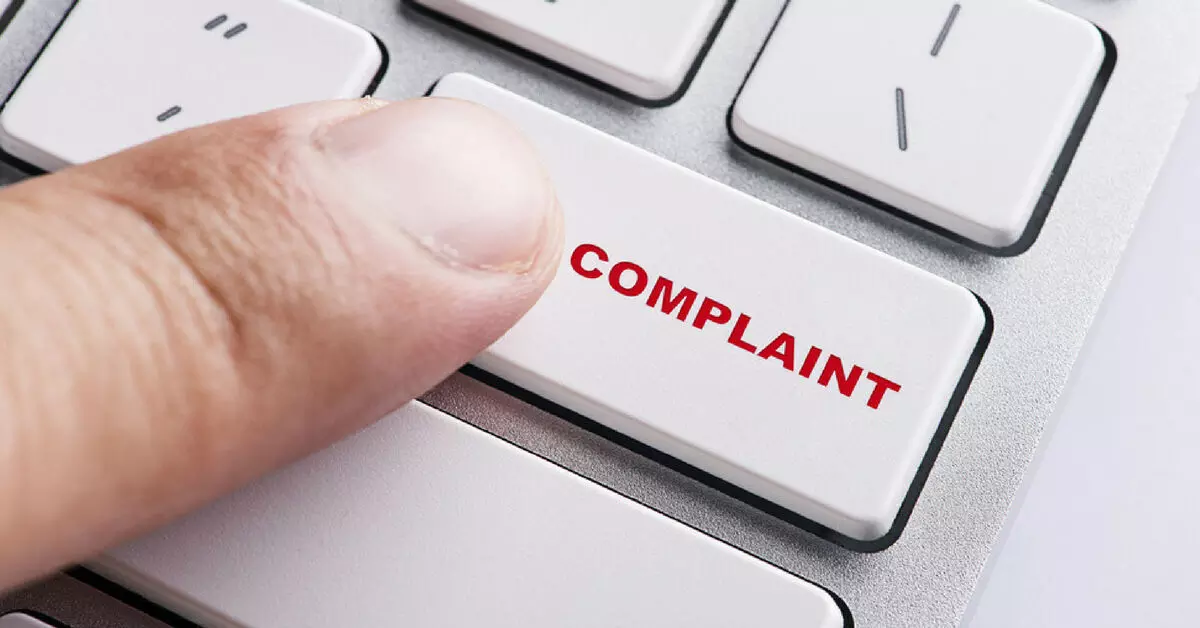Telangana civil society members urge CM for IT portal for citizen grievances
The group also suggested updating definitions related to social welfare
By Newsmeter Network Published on 8 April 2024 1:07 PM GMT
Hyderabad: Telangana civil society members have written to chief minister Revanth Reddy to urgently put in place a robust end-to-end IT portal for citizens to file and track grievances during MCC and afterwards.
The group consists of a diverse collective of individuals and civil society groups associated with issues of the working class and marginalised sections in the State to access their rights with dignity.
While welcoming the public outreach programme installed at the Praja Bhawan by the State government immediately after coming to power, the group hoped the programme would continue in some manner in the run-up to the Lok Sabha elections next month.
For Lok Sabha elections
“The public outreach to register applications and grievances from the general public is particularly momentous given the complete absence of any kind of institutionalised platforms for citizens to approach the government in Telangana over the past 10 years,” the letter said.
“Given that the Model Code of Conduct is in force, it is understandable that the State government is not able to continue organising the Prajavani camps at Praja Bhavan. However, we wish to remind you that the INC in its manifesto had promised that a comprehensive portal with a toll-free number will be set up to receive public complaints and address them in due time and in a transparent manner,” the letter said.
“Accordingly, we sincerely request urgent attention towards ensuring that citizens have access to a citizen-friendly online portal and helpline using which they can register their grievances directly with the State government,” they added.
Defining terminology of citizen outreach
The group also suggested updating definitions related to social welfare.
They asked the government to consider ‘grievances’ as ‘actionable wrongs’ i.e., complaints made by citizens when they have not received something they were entitled to receive. For example, a pension not being paid to a pension beneficiary.
Similarly, the word application was suggested as ‘a request by a person to become a beneficiary of a government scheme, benefit, service etc. in the first instance.’ For example, a 65-year-old widow submitting a fresh application to become a pension beneficiary.
They have also asked for the updation of a ‘petition’ as a request by a person or group of persons ‘to be granted a benefit outside the framework of existing schemes.’ For example, the construction of a road/bridge near one’s area of residence.
Process of filing complaints, taking action
- The online form should be in both Telugu and English.
- Complainants must be able to enter a grievance in their own language (instead of being forced to select from a predetermined drop-down menu) to ensure that citizens articulate their grievances in their own manner and comfort levels.
- Urgently put in place a robust end-to-end IT portal for citizens to file and track grievances so that citizens have the right to an effective grievance redress mechanism during the MCC and afterwards.
- All grievances must be acknowledged with a dated electronic receipt.
- The portal must have an in-built functionality/dedicated backend team to differentiate between grievances, applications and petitions.
- All applications received on the portal must be directed to the department-specific portal developed to receive applications for the government service concerned.
- All grievances received on the portal must be forwarded to the concerned officer (L1) who will be responsible for enquiring into the cause of the grievance. It should be ensured that in terms of designation, the L1 officer is one level higher than the front-line functionary responsible for providing the service in the first place. For instance, in case a person makes a complaint about poor quality ration being supplied by the ration dealer, the L1 should be the mandal-level supply officer of the Department of Food and Civil Supplies, and not the concerned ration dealer himself.
- L1 should be provided a maximum of 30 days to file an Action Taken Report (ATR), failing which the complaint must be automatically forwarded to the supervisor of L1 at the district level (L2). In case of critical/emergency issues which need quicker response, the response should be given as early as possible and not wait for the due date.
- If L2 does not file an ATR within 15 days, the complaint should be automatically forwarded to the supervisor of L2 at the state level (L3).
- Accordingly, L1, L2 and L3 officers for every scheme, institution and department should be mapped out geographically and designated as such to ensure that all complaints received are forwarded to the correct officers.
- To ensure that L1, L2 or L3 officers file ATRs of a minimum quality, a standard template must be mandatorily prescribed.
- All grievances and ATRs filed should be publicly disclosed on the portal. A system where only the complainant and/or the concerned officer can view the complaint and the ATR should be strongly discouraged because this prevents healthy public scrutiny over the quality of grievance redress being provided. Care can be taken to ensure that information that is exempt under Section 8 of the RTI Act is not reflected in the public domain.
- Differentiate between grievances, applications and petitions and have workflows accordingly.
- Standard ATRs submitted by grievance redressal officers (L1, L2, L3) after they are forwarded the received grievances in time and communicate to the citizens on each update.
